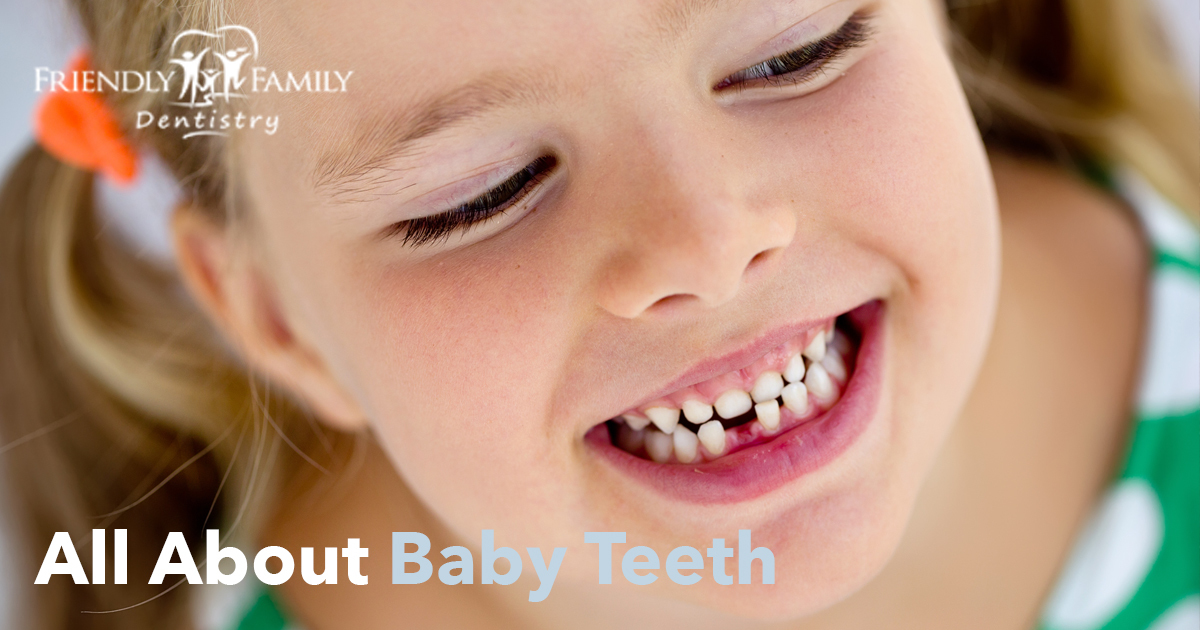All About Baby Teeth
Primary teeth, commonly known as baby teeth or milk teeth, are the primary dentition that grows into the oral cavity. It consists of 20 temporary teeth that fall out as the permanent teeth erupt.
Baby teeth have a purpose in the growth and development of healthy permanent teeth, which is why it’s important to care for them from the first moment.
Why Is it Important to Care for Primary Teeth?
Even though children only have them for a short period of time, primary teeth are important. Maintain a daily cleaning routine and regular dentist check-ups to guarantee that they can appropriately serve their purpose.
Milk teeth are an important part of a baby’s development:
- Aid healthy eating habits: Primary dentition helps kids attain all the nutrients and resources they need to grow strong and healthy, thanks to proper chewing. If not cared for, baby teeth can decay, making it painful and difficult for the child to eat. This could cause children to reject foods.
- Shape facial structure and aid in speech: Baby teeth provide structure for the lips, tongue and cheeks, and support the facial muscles. These functions promote a healthy shape and positively influence the ability to speak properly, which helps children communicate effectively.
- Prepare the mouth for permanent teeth: Milk teeth guide permanent ones into their proper position, serving as place holders. They also give a healthy start for adult teeth to grow. Decayed milk teeth can cause damage to the permanent teeth developing beneath them, causing infection or crowded and crooked teeth.
Be sure to start a path for good oral health for your child! Teaching your kid to take care of their milk teeth from an early age helps them create good oral hygiene habits that will stay with them for life.
Facts About Baby Teeth
- Premature loss of baby teeth can happen due to tooth decay, injury, or lack of jaw space.
- Generally, milk teeth start to grow sooner in girls than boys.
- Primary teeth are whiter and smaller than permanent teeth.
- Thumb sucking can cause misalignment, protruding teeth, and malformations in the gums.
- Lower teeth are usually the first to erupt, and they often do so in pairs, one on the right and one on the left.
- All primary teeth should erupt by the age of 3.
- For 6–12 year-olds, primary teeth may still be in the mouth, coexisting with permanent ones.
Don’t take those milk teeth for granted — help your child take care of them. Surprise the tooth fairy with a treasure! For more information on how to help your family keep their teeth healthy in Terre Haute, IN, please call our office today.








